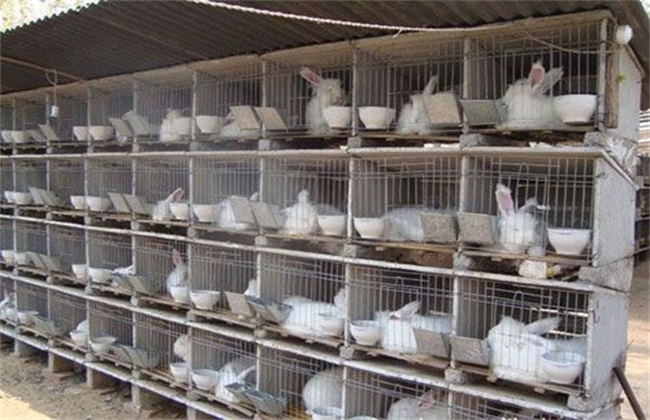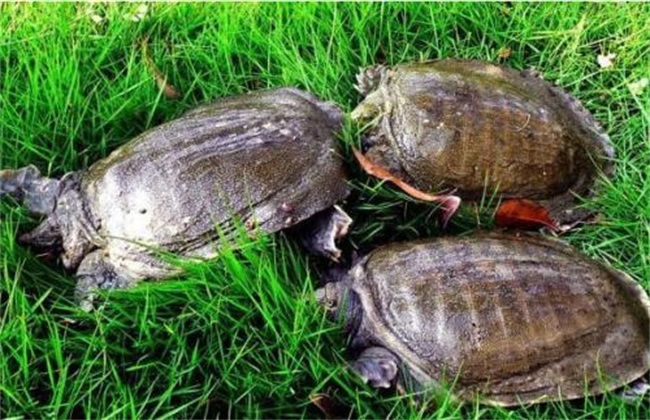How to prevent cold stress in chickens
Chicken farming is very common in our daily life. When raising chickens, we should pay attention to regulating the temperature. Because the temperature has a great impact on the growth of chickens, especially in winter, if the temperature is too low and not adjusted in time, it is easy to cause cold stress in chickens. So how do we prevent cold stress in chickens? The following small series will give you a brief introduction. Let's take a look together!

1, chicken house insulation
The key measure to prevent cold stress when keeping chicken house warm is to close the longitudinal vent in chicken house in time to prevent cold air invasion after the weather gradually turns cold and the temperature drops. And in the chicken house mainly by wet curtain, it is best to be able to install a deflector, cold air placed in the upper layer of the chicken house. Then check whether there is air leakage, and close all gaps except the air inlet in time. If the breeding scale is not large, then you can increase the insulation layer, check the four walls and roof of the chicken house frequently, and repair the air leakage hole in time. For the manure outlet should also pay attention to the installation of a good board, and finally can hang a curtain at the window door to improve the heat preservation performance of the chicken house.
2, moisture and dehumidification
If the chicken house is too humid and humid, then the heat preservation of chicken feathers is very unfavorable. And too wet, it will also lead to an air cooling effect, which will have a great impact on the heat preservation of the chicken house. In winter, we should pay more attention to maintaining a dry environment. To appropriately reduce watering work, carry out with chicken disinfection, to reduce water consumption. At the same time, pay attention to check the drinking tools of chickens to prevent chickens from getting wet when drinking water, resulting in excessive body heat dissipation. In addition, chicken manure in the chicken house should be removed in time to reduce moisture absorption in the chicken house and prevent excessive humidity.
3. Feed nutrition
The chicken house temperature is different, the chicken growth on the energy requirements are also different. In winter, because the temperature is low, the daily food intake of chickens can reach more than 120g. Therefore, attention should be paid to improving the energy content in the feed to meet the needs of chicken low-temperature heat energy. If there is a cold snap in winter and the temperature drops suddenly. Chickens can't adjust their food intake all at once, so they are prone to severe cold stress. So we have to check the weather forecast every day. About two days before the arrival of the cold current, 10g of feed should be added appropriately for 5 days to ensure that the chickens are maintained at a normal level, and then returned to the original feeding amount after the cold current has passed.
4. Ventilation
When raising chickens in winter, in order to keep them warm, chicken farmers will keep the chicken house in a closed state to avoid the invasion of cold air. However, because the new metabolism of chickens is still relatively strong, so in a closed environment, the air is easily turbid. Ammonia and other harmful gas concentration increases, leading to chickens are prone to respiratory diseases, chicken health is very unfavorable. Therefore, we should also pay attention to ventilation work, under the premise of ensuring temperature, we should combine it with ventilation work. Eliminate harmful gases in chicken houses in time to improve air quality.
The above is a simple introduction to how to prevent cold stress in chickens. Today's introduction is here, this article is for reference only, I hope to help everyone oh!
Related
- On the eggshell is a badge full of pride. British Poultry Egg Market and Consumer observation
- British study: 72% of Britons are willing to buy native eggs raised by insects
- Guidelines for friendly egg production revised the increase of space in chicken sheds can not be forced to change feathers and lay eggs.
- Risk of delay in customs clearance Australia suspends lobster exports to China
- Pig semen-the Vector of virus Transmission (4)
- Pig semen-the Vector of virus Transmission (3)
- Five common causes of difficult control of classical swine fever in clinic and their countermeasures
- Foot-and-mouth disease is the most effective way to prevent it!
- PED is the number one killer of piglets and has to be guarded against in autumn and winter.
- What is "yellow fat pig"? Have you ever heard the pig collector talk about "yellow fat pig"?



